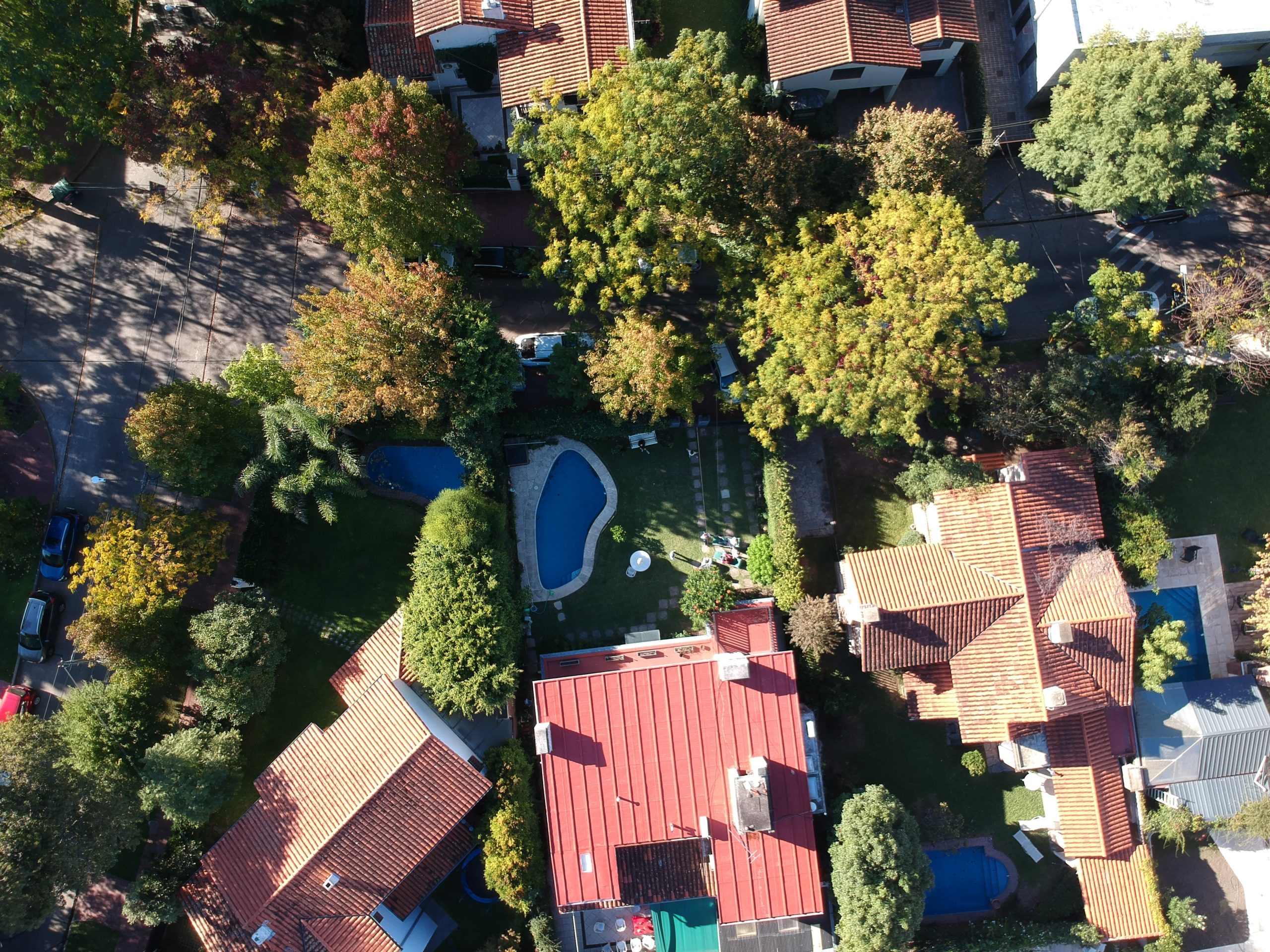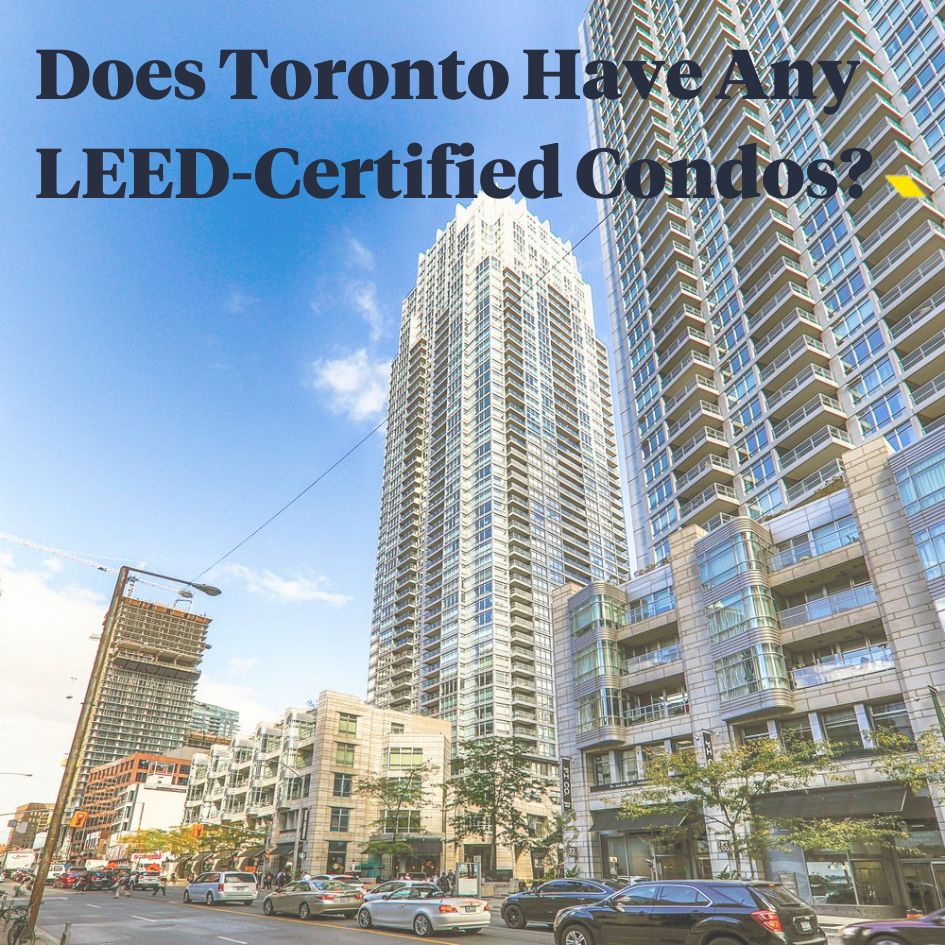There’s a lot of chatter about what squatter’s rights are. People often throw the term around with the assumption that they understand what it is, but most are way off. I’m Britt Huggins, a Toronto real estate agent and my goal is to educate people about the ins and outs of real estate. There are often misconceptions, one of them being how squatter’s rights work.
The term “squatter’s rights” is known in the real estate world as “adverse possession”. This is when a person gains ownership of land that was not originally theirs via continued use. The most prevalent type comes from fences, driveways, sheds, etc. that encroach on a neighbour’s property. For one to claim squatter’s rights (adverse possession), they must demonstrate the following has occurred for a period of 10 years with no interruption:
- The person encroaching can show they have had actual possession of the property
- The person encroaching can show they had intentions of excluding the legal owner from the property
- The person encroaching can show the legal owner of the property in question was excluded from the possession of the property
It’s become more difficult to claim adverse possession since the early 2000s. This is due to the fact that evidence to support these claims must be from before the real estate property was converted to the Land Titles System. Ontario converted most properties from the Registry system to the Land Title system 20 years ago which makes it incredibly difficult to get the evidence needed to prove a claim. You can look at a property’s Parcel Register to find out the date a property was converted from Registry to Land Title.
Claiming adverse possession is more successful when it’s a mistake versus intentional. For instance, if a property owner made improvements to their land based on the belief that the property line was in a certain place, the law is more likely to grant adverse possession than someone who is intentionally trying to claim the property.
Another thing to check is the “qualifier”. On the Parcel Register, you will see either “LT Conversion Qualified”, “LT Absolute” or LT Absolute Plus”. If you see LT Conversion Qualified, this allows an adverse possession claim to be made against the property given that there is evidence before the conversion date. If there is an LT Absolute or LT Absolute Plus, the properties are NOT subject to adverse possession claims.
As a real estate agent in Toronto and the surrounding areas, you may run into a client dealing with squatter’s rights. The best course of action is to advise them to speak with a real estate lawyer. If you or someone you know is in a situation where adverse possession might play a role, feel free to reach out to the SO&Co. team and one of our expert Toronto real estate agents will put you in contact with a lawyer who specializes in this.








